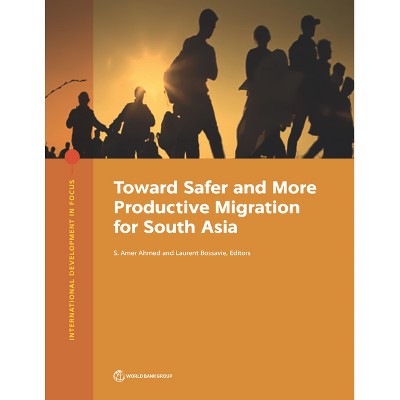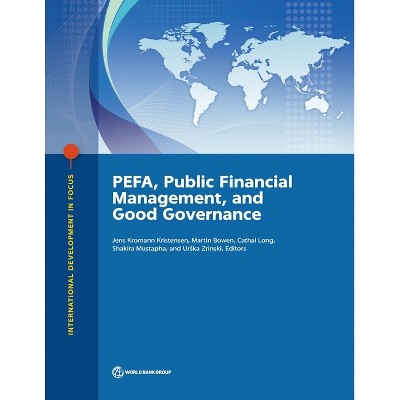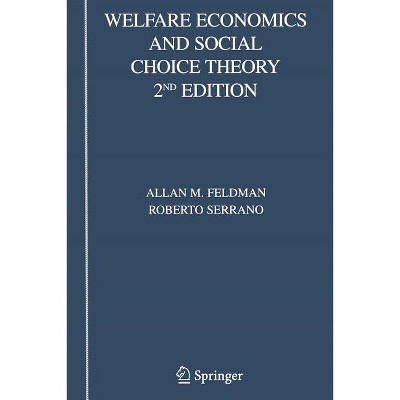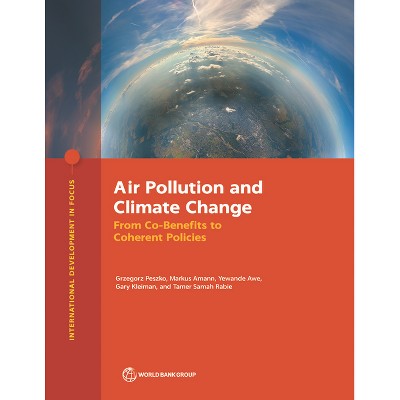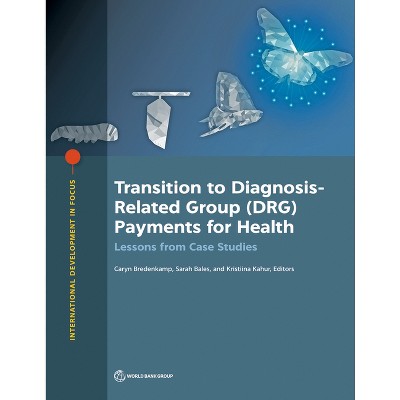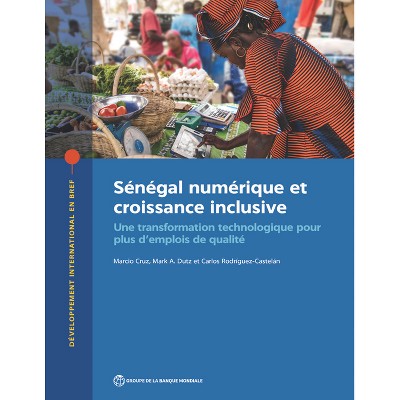Social Protection Program Spending and Household Welfare in Ghana - (International Development in Focus) (Paperback)

About this item
Highlights
- Ghana administers multiple social protection programs.
- About the Author: The World Bank came into formal existence in 1945 following the international ratification of the Bretton Woods agreements.
- 136 Pages
- Business + Money Management, Economics
- Series Name: International Development in Focus
Description
About the Book
Social Protection Program Spending and Household Welfare in Ghana
Book Synopsis
Ghana administers multiple social protection programs. One of these, pensions provided by the Social Security and National Insurance Trust, has a long history, but others--the Ghana School Feeding Programme, Labor-Intensive Public Works program, Livelihood Empowerment Against Poverty program, and National Health Insurance Scheme--have been introduced and expanded only over the past two decades. Social Protection Program Spending and Household Welfare in Ghana assesses the performance of the government of Ghana's main social assistance and social insurance programs. The study discusses the programs' main design and implementation parameters; summarizes existing evaluative and operational research; and examines the patterns and trends in program benefit spending, using government administrative data, and the programs' coverage rates, incidence, and effectiveness for reducing poverty and inequality, using recent national household sample survey data. Furthermore, the study examines the relationship between household participation in social assistance programs and exposure to adverse covariate shocks--specifically, possible weather-related shocks--on the basis of high-resolution climate risk maps for the country.About the Author
The World Bank came into formal existence in 1945 following the international ratification of the Bretton Woods agreements. It is a vital source of financial and technical assistance to developing countries around the world. The organization's activities are focused on education, health, agriculture and rural development, environmental protection, establishing and enforcing regulations, infrastructure development, governance and legal institutions development. The World Bank is made up of two unique development institutions owned by its 185 Member Countries. The International Bank for Reconstruction and Development (IBRD) focuses on middle income and creditworthy poor countries and the International Development Association (IDA), which focuses on the poorest countries in the world.
Shipping details
Return details
Trending Non-Fiction






